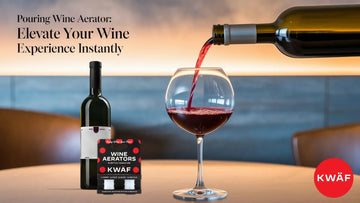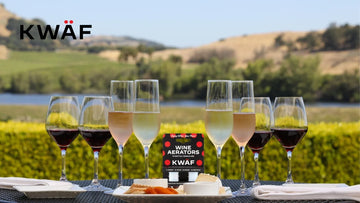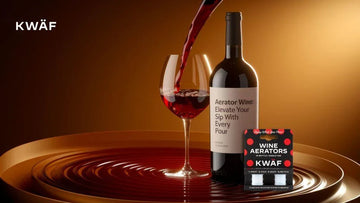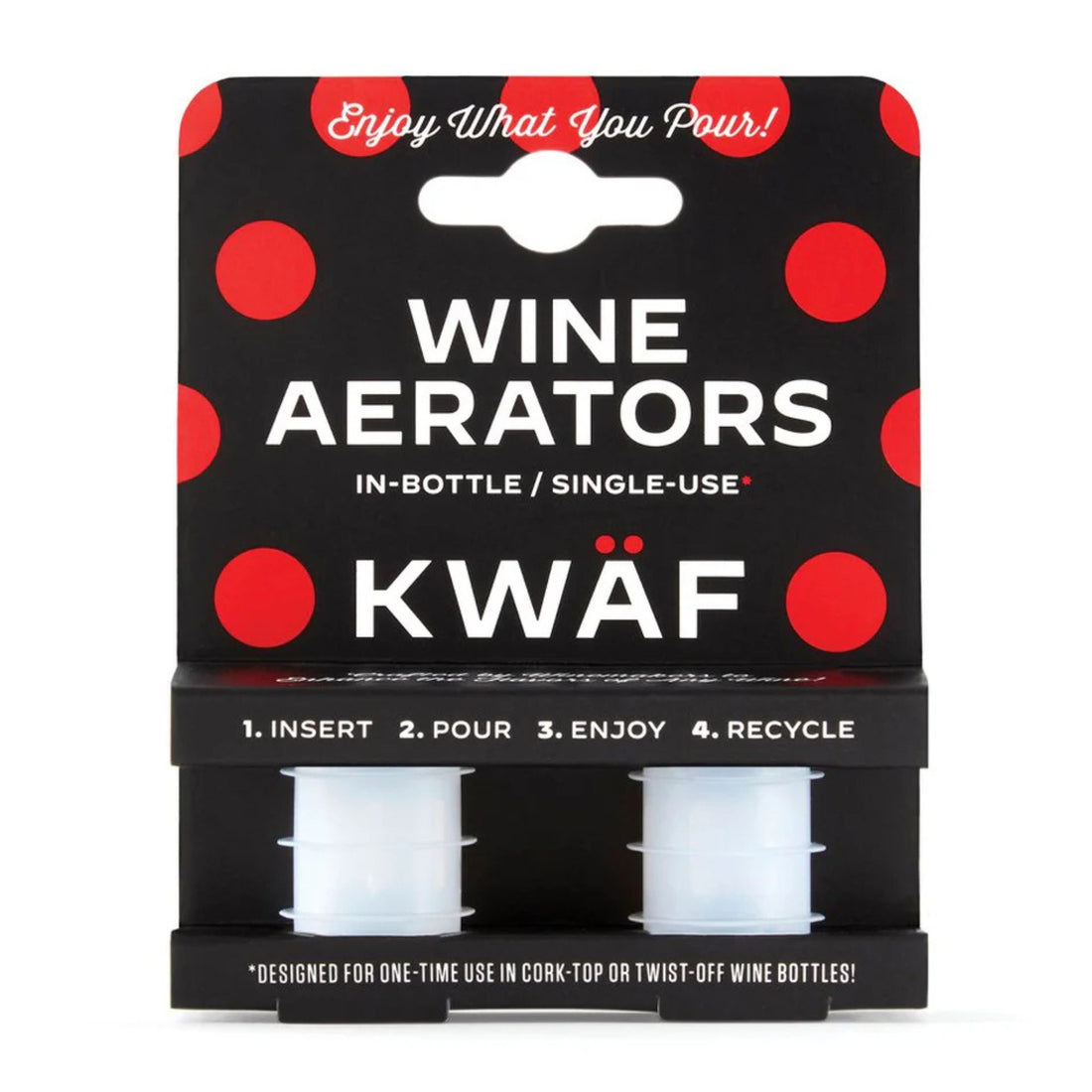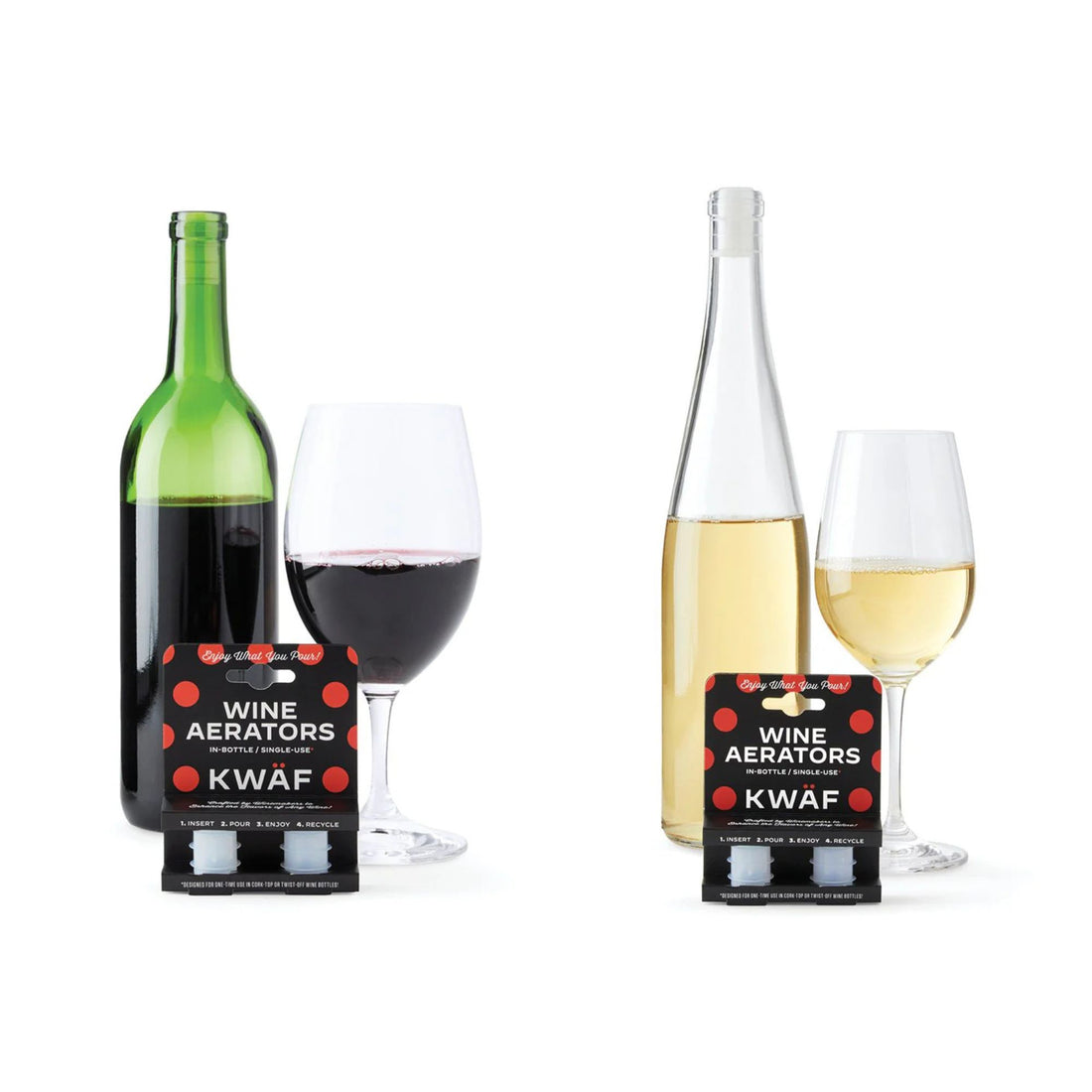Wine enthusiasts often find themselves pondering the age-old question: Do wine freeze? Whether you're a seasoned connoisseur or a casual wine enthusiast, understanding the impact of low temperatures on your favorite bottle is crucial. This article will explore the science behind wine freezing, the potential consequences, and the best practices for safeguarding your cherished vino. So, grab a glass, settle in, and let's uncover the mysteries of wine and freezing temperatures.
The Science Behind Wine Freezing:
To answer the question, "Do wine bottles freeze?" we need to delve into the science of freezing points. There is some complexity surrounding the freezing point of wine, as opposed to pure water, which freezes at 32°F (0°C). Because of its high alcohol concentration, wine can withstand freezing temperatures seen in most home freezers. Most wines, with their alcohol content ranging from 8% to 15%, won't solidify until temperatures drop significantly below the freezing point of water.
Factors Influencing Wine Freezing:
While the alcohol content plays a pivotal role, other factors contribute to whether your wine will freeze.
Alcohol Content
Higher alcohol content provides better protection against freezing. Wines with lower alcohol percentages, like some dessert wines, are more susceptible.
Sugar Content
Sweet wines with elevated sugar levels also resist freezing due to the antifreeze properties of sugar. However, excessive sweetness can alter the wine's taste profile.

Additives and Tannins
Some wines contain additives or higher tannin levels, providing additional protection against freezing. Tannins act as natural preservatives, enhancing a wine's stability in colder temperatures.
Storage Conditions
The environment in which you store your wine matters. A consistently cold cellar or wine refrigerator minimizes the risk of freezing. On the other hand, sudden temperature fluctuations increase the likelihood of your wine experiencing unwanted changes.
Understanding the interplay of alcohol content, sugar, additives, and storage conditions unveils the intricacies of whether wine bottles can freeze. Yet, the consensus is that most standard wines are safe from the freezer's icy grasp due to their inherent composition.
The Consequences of Freezing Wine
Now that we know the factors influencing wine freezing let's explore the potential consequences of subjecting your wine to sub-zero temperatures.
Alteration of Flavor and Aroma
When wine freezes, one of the primary concerns is the potential alteration of its flavor profile and aroma. The delicate balance of compounds contributing to a wine's taste and bouquet can be disrupted, leading to a less enjoyable drinking experience.

Sediment Disturbance
Freezing can also disturb the sediment in wine, particularly in older red wines. Sediment, composed of tannins and pigments, settles at the bottom of the bottle over time. Freezing and subsequent expansion can agitate this sediment, clouding the wine and affecting its clarity.
Structural Changes
The structural integrity of the wine may be compromised when it freezes. The bottle could shatter or, worse, have the cork pulled out if the water molecules expand when frozen. This results in a messy cleanup and risks exposing the wine to oxygen, potentially accelerating its aging process.
While wine freezing might not turn your bottle into a solid block of ice, the consequences on flavor, sediment, and structural integrity are considerable. To preserve the quality of your wine, it's essential to understand how freezing may impact these elements.
"Do wine freeze?" is not a simple yes or no. The composition of the wine, including alcohol and sugar content, additives, and storage conditions, determines its susceptibility to freezing. While most wines are resilient to the average household freezer, the potential consequences of freezing, such as altered flavor, sediment disturbance, and structural changes, highlight the importance of proper wine storage.

As a wine enthusiast, protecting your investment involves choosing the right wines and storing them under optimal conditions. Whether you're a casual sipper or a dedicated collector, understanding the nuances of wine and freezing temperatures ensures that every pour is a delightful experience.
For a curated selection of wine aerators, including state-of-the-art wine aerators, explore our collection at kwafwineaerators.com. Elevate your wine experience and safeguard your bottles with the finest tools in the world of wine. Cheers to preserving the essence of your favorite vintages!



